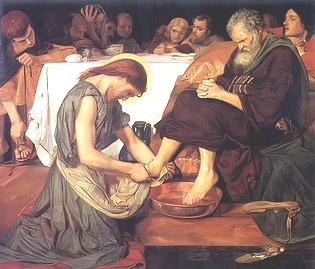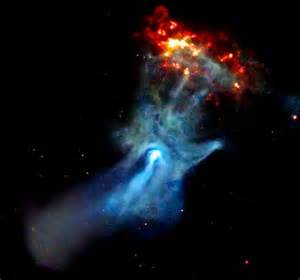Your New Identity in Christ
There I was, sitting in the green room of the Oprah Winfrey television show, waiting for my turn to share with the world how my new identity had transformed me from the inside out. I stood in front of the floor-to-ceiling mirror startled by my own image. The mirror reflected an image of a tall, slender black woman with shiny, wavy hair that sparkled like dew drops on a crisp autumn morning. The chestnut eyes beamed with vibrant life. The air was filled with deep love, passion, and hope. I didn’t recognize “me.”
As I crawled out of bed the next morning, just out of curiosity, I checked in the mirror. I now saw what I had seen hundreds of times before: an under-tall—5 feet, two inches and shrinking to be exact—Caucasian, over forty-nine and holding, work-in-progress lady.
Perhaps it was just a dream that seemed so real to me. Ten years later I still remember the precise details of my “Oprah adventure.”
Confused and baffled by my identity, I wondered: Who am I anyway?
Your New Identity in Christ Read More »




 streams from heaven to earth, a spontaneous love flowing to those who neither deserved it, purchased it, nor sought it. It is, indeed, the only way in which God can love us as we are.
streams from heaven to earth, a spontaneous love flowing to those who neither deserved it, purchased it, nor sought it. It is, indeed, the only way in which God can love us as we are.  which themselves are great and marvelous, and which together make up a mighty work which only God could conceive and carry out, and which, like all His works, depends only and entirely on His purpose and power and not on anything in the work or its result.
which themselves are great and marvelous, and which together make up a mighty work which only God could conceive and carry out, and which, like all His works, depends only and entirely on His purpose and power and not on anything in the work or its result.



